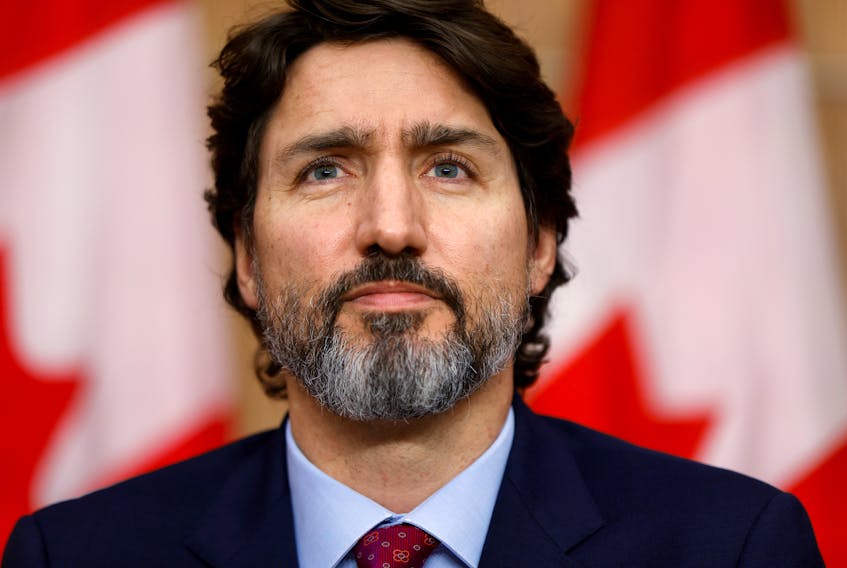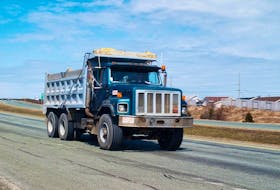By Nia Williams
CALGARY, Alberta (Reuters) - Canada's left-leaning New Democratic Party (NDP) opposition party criticized on Tuesday freshly-unveiled clean fuel standards, after a government impact analysis said higher fuel costs will hit lower- and middle-income households hardest.
The Clean Fuel Standard, a key part of Ottawa's climate plan, was released in draft form last week and aims to reduce the carbon content of liquid fuels, such as those used in transportation and to heat homes. Prime Minister Justin Trudeau's Liberals say it will cut annual emissions by more than 20 megatons by 2030.
"Canadians want to do their part but for Trudeau to disproportionately hit lower-income Canadians is irresponsible and self-defeating," Peter Julian, finance critic for NDP party told Reuters on Tuesday.
If adopted next year the proposed regulations will become law in 2022. Concerns about the cost to households could increase push back against a policy that is central to Canada's commitment to reduce carbon emissions 30% below 2005 levels by 2030.
In an analysis published on Dec. 19, the federal environment department said households will see an increase of liquid fuel costs on average between C$69 and C$208 in 2030 as suppliers pass on higher production costs to consumers.
"It is expected that increases in transportation fuel and home heating expenses would disproportionately impact lower and middle-income households, those living in single detached households or those without control over the energy efficiency of their dwellings that use heating oil," the analysis said.
It said single mothers and seniors living on fixed incomes are most vulnerable to energy poverty.
Sabrina Kim, chief spokeswoman for Environment Minister Jonathan Wilkinson, said Ottawa has launched initiatives to help Canadians avoid the price impact, such as providing funding to make homes more energy efficient and incentivizing electric vehicle purchases.
Trudeau's government unveiled its beefed up climate plan earlier this month.
(Reporting by Nia Williams; Editing by Aurora Ellis)









